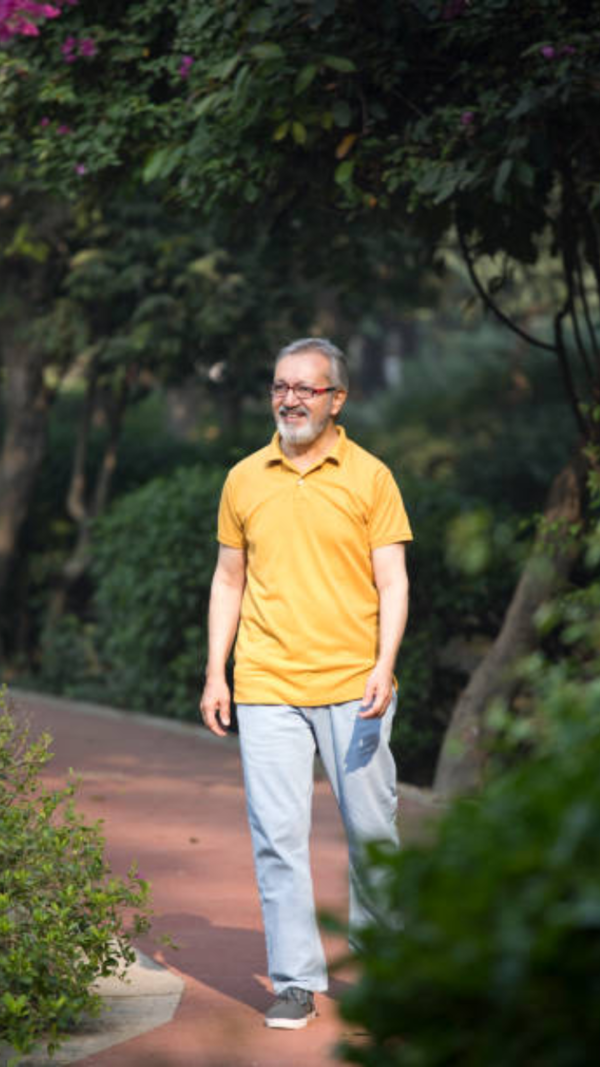- News
- City News
- noida News
- New criminal laws: Forensics set to get busier, police rush to train staff
Trending
New criminal laws: Forensics set to get busier, police rush to train staff

Officials said the forensic labs in Noida and Ghaziabad were set to get three times the number of cases they had been examining daily so far.

“Forensic teams usually examine 1,200-1,300 cases a year, which translates to 3-4 cases daily. But now that the new laws have come into effect, we will need more mobile units of forensics to visit the scene of crime in cases where the offence is punishable for seven years or more. The number of cases is expected to go up to 8-10 daily,” said Ajay Mishra, the Ghaziabad police chief.
As of now, each UP district has one mobile unit of scientists to go on field visits. The team has five members in it — a forensic expert, three cops in the rank of head constable and an SI, and a driver.
According to Mishra, new teams are being formed to handle the increasing workload. “Each district has one team now. With the introduction of the new criminal laws, we are forming another team. Over the next two weeks, a third team will also be trained. So, each district will have a separate forensic team,” he added.
Even before the new laws came into effect, forensic teams would visit crime spots, but they weren’t mandatory. In most instances, scientists were called by investigating officers if the crime was heinous in nature, like a rape or murder.
“But now, Section 176 (3) of BNSS makes it mandatory for forensic teams to go on field visits if the offence is punishable with a jail term of seven years or more,” an officer said.
So, how does a forensic team investigate a scene of crime? The five-member mobile unit collects any kind of biological and serological evidence that may give leads about the accused — hair, semen, blood, saliva or fingerprints. The team takes photos of the scene and collects narcotic samples if required. The pieces of evidence are put in specific bags and tagged, and a list is prepared for the investigating officer. They are then sent to the laboratory for an analysis.
“We have been training our force and apprising them of the new laws. For instance, we have been conducting several awareness programmes. We are completely ready to handle the cases and assist the investigative agency,” said Babloo Kumar, additional CP (headquarters).
According to Kumar, just training officers wouldn’t do. They need to buy more testing kits as well. “We have one forensic team as of now. The other one is being trained and will be ready pretty soon. We have the provision to buy more equipment. There are talks for an additional mobile van as well. Since recording videos is mandatory now, we must buy phones, video cameras and so one,” he added.
Kumar said the existing team of scientists might be divided if there was an overload of cases.
“This expansion is possible only if we get more scientific officers, which will happen gradually. This is an ongoing process. The new laws put additional focus on forensics. As soon as we have new guidelines, we will implement them,” he added.
Through May this year, forensic scientists in Ghaziabad visited 148 scenes of crime while their counterparts in Noida made 94 visits.
End of Article
FOLLOW US ON SOCIAL MEDIA










